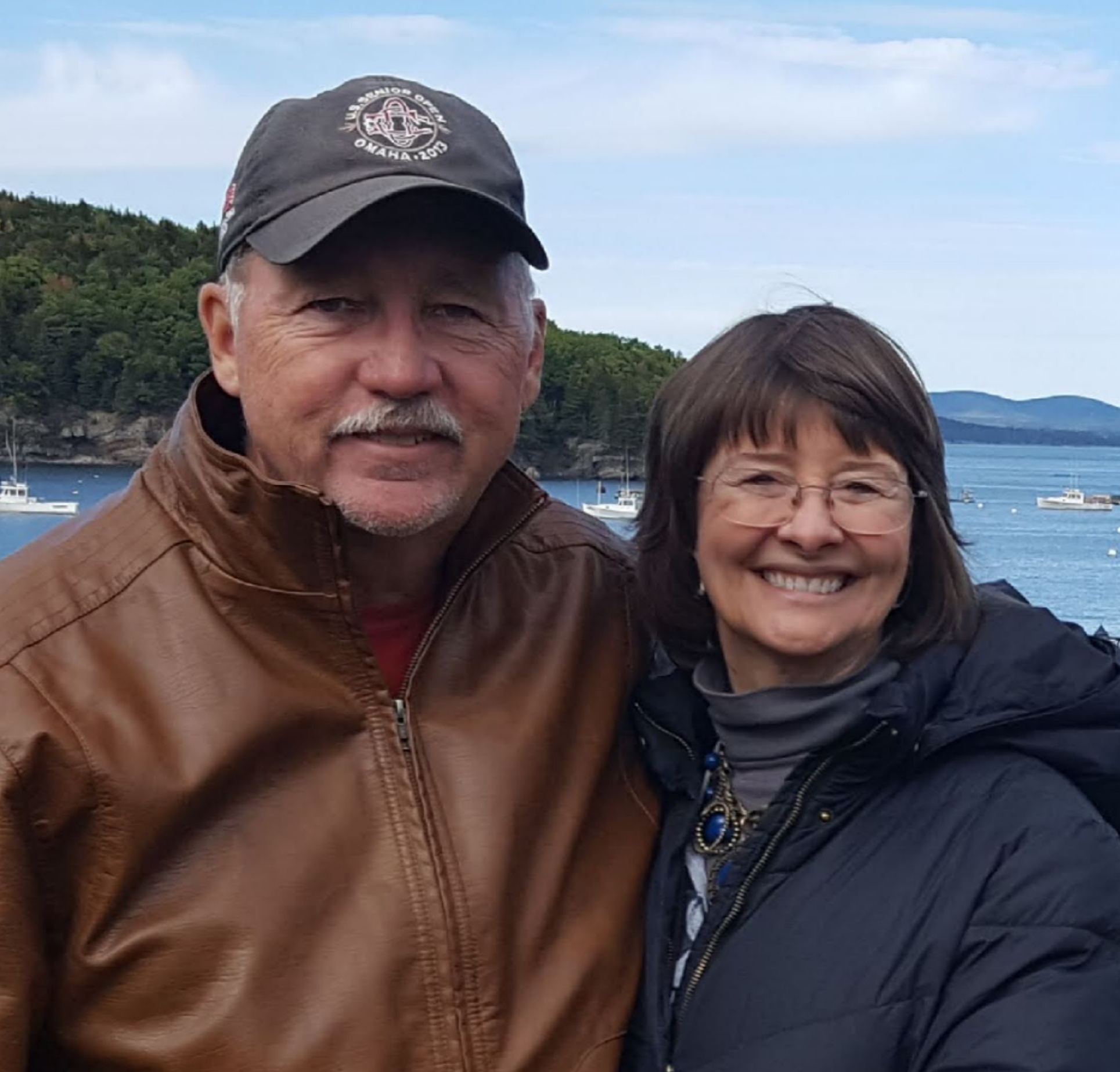In this presentation, Mid-America MHTTC specialists and partners with Omaha-based Community Alliance review the outcomes and benefits of family peer support. Participants will learn how family peer support can:
 Dr. Lilchandra Jai Sookram has been in the mental health field for over 40 years. At the Nebraska State Hospital, he provided psychological services to persons with serious mental illness and to their family members, and he directed clinical services including psychology, nursing, social work, therapeutic recreation, education and return-to-work programs. He is the former director of mental health services in Kansas and clinical director of a juvenile correctional facility. Currently he is manager of family and peer services at Community Alliance.
Dr. Lilchandra Jai Sookram has been in the mental health field for over 40 years. At the Nebraska State Hospital, he provided psychological services to persons with serious mental illness and to their family members, and he directed clinical services including psychology, nursing, social work, therapeutic recreation, education and return-to-work programs. He is the former director of mental health services in Kansas and clinical director of a juvenile correctional facility. Currently he is manager of family and peer services at Community Alliance.
 Bill Baerentzen, Ph.D., CRC, LMHP, is serious mental illness program director for the Mid-America MHTTC. Much of his outreach involves promoting evidence-based practices to help people with serious mental illness (SMI) live meaningful inclusive lives. Dr. Baerentzen has worked as director of a 250-bed emergency overnight shelter; supervisor of therapists in a treatment program for persons with co-occurring disorders; and as faculty in a rehabilitation counseling program.
Bill Baerentzen, Ph.D., CRC, LMHP, is serious mental illness program director for the Mid-America MHTTC. Much of his outreach involves promoting evidence-based practices to help people with serious mental illness (SMI) live meaningful inclusive lives. Dr. Baerentzen has worked as director of a 250-bed emergency overnight shelter; supervisor of therapists in a treatment program for persons with co-occurring disorders; and as faculty in a rehabilitation counseling program.
 Jon Thomsen is a certified peer support and wellness specialist and is the supervisor for two peer support programs with Community Alliance. Jon is a certified facilitator in WRAP and RentWise, has previously facilitated support groups such as NAMI Connections, and has recently established Safe Harbor’s first support group Spiritual Recovery. Jon is involved in Crisis Intervention Training for the Omaha Police Department as well as the training of peer support specialists in the state of Nebraska. His primary goals are to support individuals who struggle with their personal well-being, to share the knowledge he has gained in his own recovery, and to walk with people while they explore their authentic self.
Jon Thomsen is a certified peer support and wellness specialist and is the supervisor for two peer support programs with Community Alliance. Jon is a certified facilitator in WRAP and RentWise, has previously facilitated support groups such as NAMI Connections, and has recently established Safe Harbor’s first support group Spiritual Recovery. Jon is involved in Crisis Intervention Training for the Omaha Police Department as well as the training of peer support specialists in the state of Nebraska. His primary goals are to support individuals who struggle with their personal well-being, to share the knowledge he has gained in his own recovery, and to walk with people while they explore their authentic self.
 Joe and Nancy Pawloski have been married for 46 years and were blessed with two sons. Joe was in real estate for 43 years, and Nancy taught elementary school for over 30 years. When the Pawloskis’ son Tim was in his 20s, he began to have issues with alcoholism and drug abuse, and by his 30s, he struggled with mental illness. After a stay at Lasting Hope, the Pawloskis were directed to Dr. Jai Sookram. The Pawloskis attended Dr. Jai’s family-to-family class and learned more about the issues facing their own family. Now, drawing from their own experiences with their son, the Pawloskis help others who are facing similar challenges.
Joe and Nancy Pawloski have been married for 46 years and were blessed with two sons. Joe was in real estate for 43 years, and Nancy taught elementary school for over 30 years. When the Pawloskis’ son Tim was in his 20s, he began to have issues with alcoholism and drug abuse, and by his 30s, he struggled with mental illness. After a stay at Lasting Hope, the Pawloskis were directed to Dr. Jai Sookram. The Pawloskis attended Dr. Jai’s family-to-family class and learned more about the issues facing their own family. Now, drawing from their own experiences with their son, the Pawloskis help others who are facing similar challenges.
Learn more about the webinar series Family Peer Support: An Emerging Workforce.